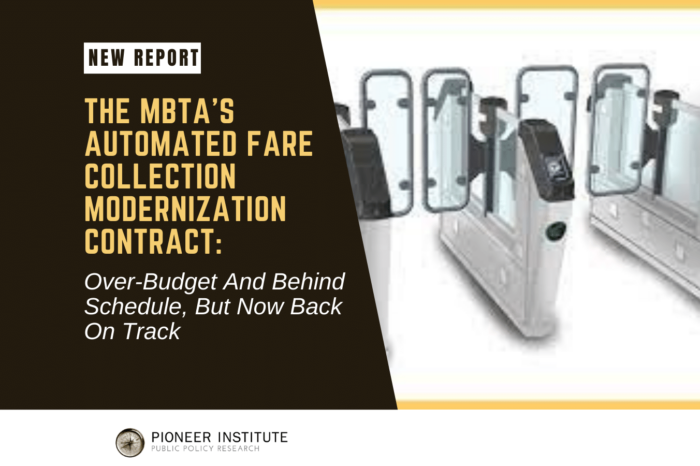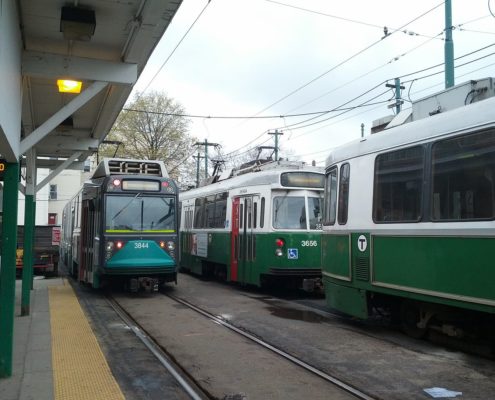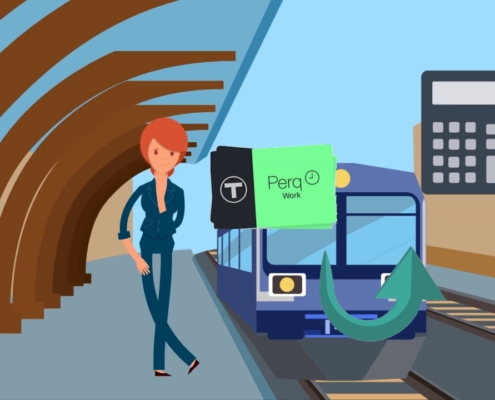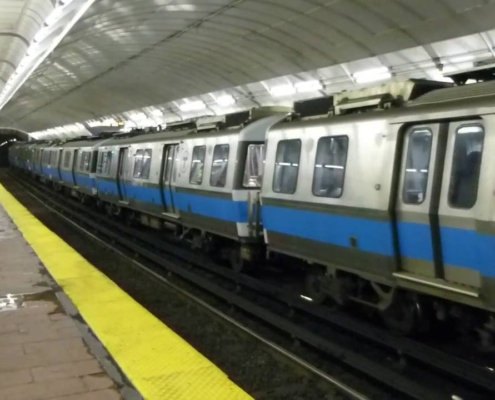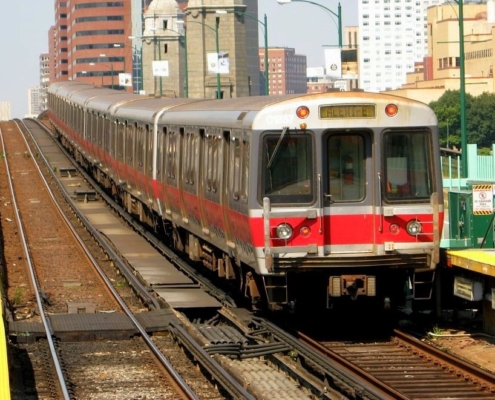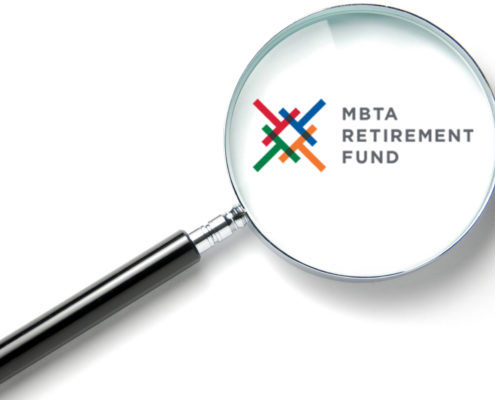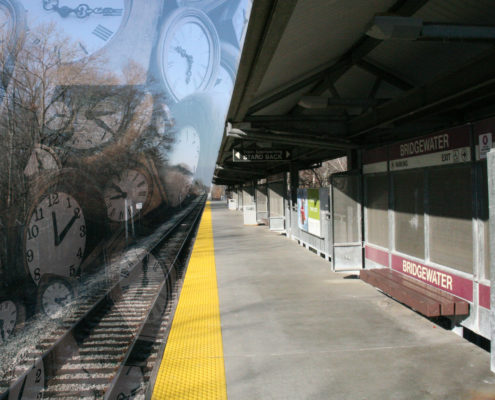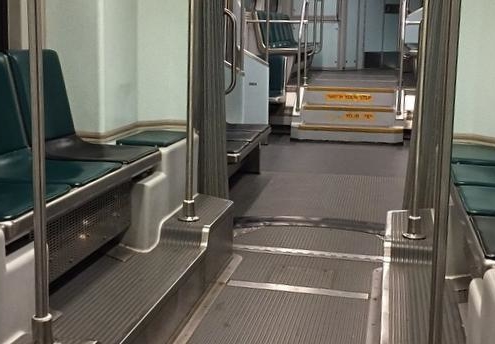Study Documents The Design Challenges, Contracting Issues, And Delays Facing New MBTA Fare Collection System
MBTA’s Aggressive Hiring Tactics Have Paid Off, But Oversight Concerns Remain
BOSTON – Public records compiled by Pioneer Institute show that the MBTA’s efforts to modernize its fare collection system, including allowing payments with credit cards and bringing “tap and go” technology to commuter rail and ferry lines, were riddled with technological challenges and difficulties overseeing contractors as early as 2019, culminating in a three-year delay to the project’s full implementation and a nearly 30 percent increase in project costs.
At one point, the MBTA sent a breach of contract letter to OpCo, the corporation tasked with completing and operating the new system, but rescinded it a couple of months later.
These details and more are included in a new study from Pioneer Institute, The MBTA’s Automated Fare Collection Modernization Contract: Over-Budget And Behind Schedule, But Now Back On Track. The study unearths previously unseen communications between the MBTA and its contractors, as well as highlighting key insights regarding the MBTA’s administrative capacity and hiring efforts needed to oversee the project’s implementation.
“The design challenges with this proposal were always clear,” said Greg Sullivan, Pioneer Institute’s Research Director and a co-author of the study with Andrew Mikula. “But there are lingering questions over the T’s ability to hold OpCo’s feet to the fire and prevent costs from escalating further.”
In June 2020, the MBTA renegotiated the initial contract, adding $211 million to the previous $723 million price tag for essentially the same scope of work. Originally scheduled to be fully operational in May 2021, the new fare collection system, called “AFC 2.0,” now has a targeted completion date of May 2024.
The 2020 contract renegotiation process occurred after a December 2019 public meeting made it clear that OpCo had fallen behind schedule in designing the hardware and software systems for the new fare collection technology. Shortly thereafter, the COVID-19 pandemic caused transit ridership in Greater Boston to plummet; as of February 2022 ridership on several modes of transit still hadn’t returned to half of pre-pandemic levels. The need to remain sensitive to a volatile public health crisis has exacerbated the challenges of implementing AFC 2.0 in a timely and cost-effective manner.
In the nearly two years until AFC 2.0 is fully operational, the MBTA has an enormous administrative burden to hold OpCo accountable to its nearly $1 billion contract. This is especially true as upgrades shift from a focus on improving access to actually creating new fare payment options. Without vigilant oversight, the T’s use of credit cards to pay for an MBTA trip has the potential to compromise enormous volumes of personal consumer data.
“Taxpayers deserve more transparency around why they’re on the hook for an additional $211 million after the 2020 contract was signed,” said Pioneer Executive Director Jim Stergios. “It’s clear that the T has made great strides in its preparedness for executing this project, but the details of a contract this large are of fervent public interest.”
The new study also highlights how the MBTA’s AFC 2.0 implementation delays have led to wasteful spending on other contracting work. This includes conducting expensive upgrades to ticket vending machine equipment that will be replaced in a couple of years.
About the Authors
Andrew Mikula is a former Economic Research Analyst at Pioneer Institute and current candidate for a Master’s degree in Urban Planning at Harvard University.
Gregory Sullivan is Pioneer’s Research Director. Prior to joining Pioneer, Sullivan served two five-year terms as Inspector General of the Commonwealth of Massachusetts and was a 17-year member of the Massachusetts House of Representatives. Greg holds degrees from Harvard College, The Kennedy School of Public Administration, and the Sloan School at MIT.
About Pioneer
Pioneer’s mission is to develop and communicate dynamic ideas that advance prosperity and a vibrant civic life in Massachusetts and beyond. Pioneer’s vision of success is a state and nation where our people can prosper and our society thrive because we enjoy world-class options in education, healthcare, transportation and economic opportunity, and where our government is limited, accountable and transparent. Pioneer values an America where our citizenry is well-educated and willing to test our beliefs based on facts and the free exchange of ideas, and committed to liberty, personal responsibility, and free enterprise.
Get Updates on Our Transportation Research
Related Posts

